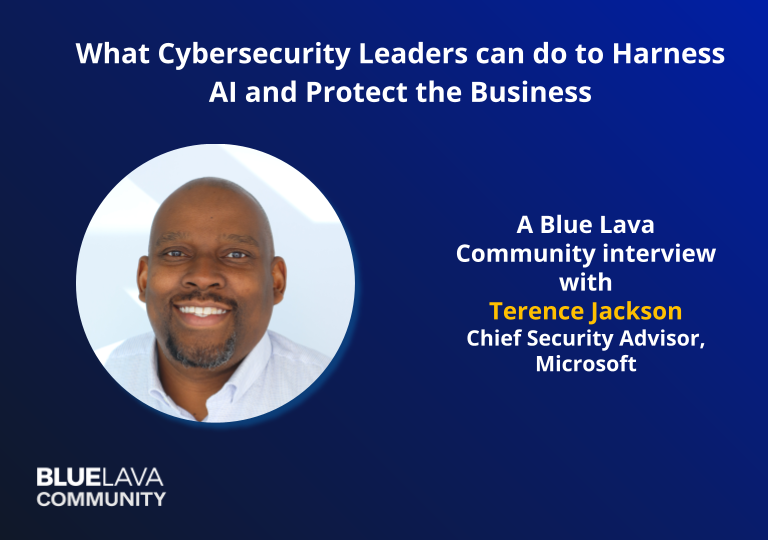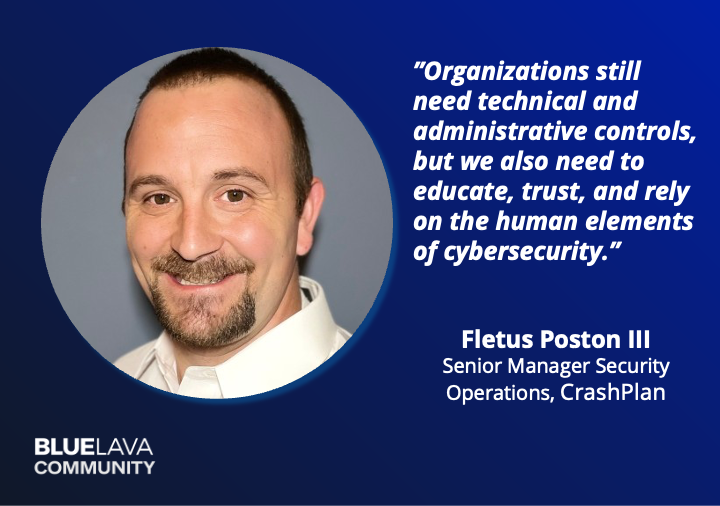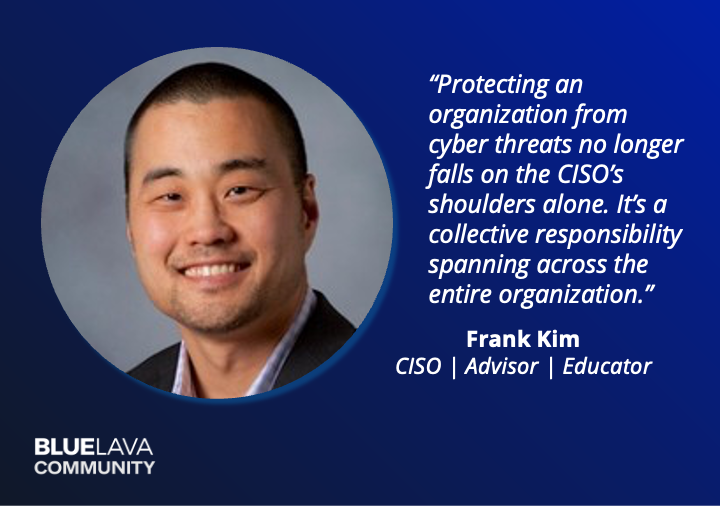

5 Tips for Fostering and Mentoring Cybersecurity Talent
Blog Post
5 Tips for Fostering and Mentoring Cybersecurity Talent
Veronica Wolf
January 20, 2023
Chief Information Security Officers (CISOs) commonly find themselves dealing with a talent gap when it comes to filling their teams. They’re constantly searching for people who are skilled enough to tackle today’s security threats. Fortunately for them, mentorship programs are an excellent way to foster interest in breaking into the cybersecurity industry.
You can set up a pipeline of new security talent by establishing a cybersecurity mentorship program within your organization today. Read on to find out more.
How Can Mentorship Programs Impact a CISO Talent Gap?
If your organization is looking for talent, a mentorship program is an excellent way for a CISO to deal with talent gaps on their cybersecurity team. Such mentorship programs encourage experienced cybersecurity specialists to help new talent. They’re also a good way for more experienced specialists to reignite their enthusiasm for the job while helping someone else who is eager to learn the skills and knowledge required to go far.
Tips to Help You Establish a Cybersecurity Mentorship Program
Cybersecurity mentorship programs are a great way for organizations to take control of any issues they’re running into when trying to find qualified recruits. If you commit the time and resources to make your program successful, you can start seeing real progress that benefits your company in the long run.
1. Recruit the Right Talent
Many times, when they are seeking individuals to fill important positions, companies already have qualified individuals who are currently working for them in other departments. To recruit workers you already know and trust, try sending out a memo or survey to your internal employees a few times a year, gauging their interest in learning about cybersecurity.
You should also ask any current security staff what skills they’d like to see brought in by new talent and see if they are interested in passing on their industry knowledge. From there, you can look for matches between interested mentees who have the potential to become great security experts with mentors who are willing to offer guidance.
Those you engage as mentors are as important as your recruits. You will want people who are willing to engage with new talent, who understand how to communicate the importance of the field, and who want to help mentees grow and thrive in the cybersecurity world.
2. Set Up a Formal Program and Personal Connections
Create a formal infrastructure for your company’s cybersecurity mentorship program, but also give aspiring talent a mentor who doesn’t function as their manager. Ideally, that will be someone working at the company who can offer a broader view of cybersecurity. At the same time, it’s often easier for workers to communicate more freely to someone they don’t report to directly.
“I feel that I’ve grown in this field considerably since I chose Robert Schlotfelt to be a mentor. I know that I’ve always learned in my positions and have changed roles that bring new challenges, but mentorship has felt much more personal and guiding,” shares Matthew Behrens, Information Security Analyst at LACERA.
The goal is to encourage mentees to spread their wings and find what interests them. The field of cybersecurity is enormous. You want talent that is capable of learning about relevant new cybersecurity topics and using that knowledge to benefit the company.
3. Encourage Ongoing Engagement
An established cybersecurity mentorship program makes tracking mentor/mentee engagement easier. In addition, you can avoid having mentees fall through the gaps by scheduling regular meetings between the two so that mentors and mentees establish a healthy rapport. Regular meetings make the relationship between mentors and mentees stronger.
Ideally, mentors and mentees both end up learning from each other. Newer talent learns how to deal with existing issues. In addition, both can learn about emerging cybersecurity threats and how to use company technology to address them.
4. Help Mentees Establish Goals
Encourage program participants to set up goals around skills they wish to learn and what they hope to achieve in their careers. For example, if a mentee wants to learn more about threat modeling, encourage them to write out what they hope to achieve once they’ve gained more experience in that area. Have mentees look at what others with similar skills have accomplished in the field.
5. Connect With Other Industry Resources
Many organizations are capable of helping businesses with their cybersecurity mentorship programs. They can help CISOs recruit outside talent to close their talent gaps. Mentors from many fields can become essential cornerstones of your business.
Achieve Success Through Mentorship
Blue Lava, Inc. partners with universities throughout the U.S. to connect aspiring cybersecurity professionals with those who are already working in the field. Get started today by filling out our mentorship enrollment form here.
Helpful Resources
CISO Tradecraft creators Ross Young and G Mark Hardy have produced a great set of podcasts to help CISOs learn and grow in 10 important domains.
Want to learn more from experienced security leaders like Ross and Matthew? Join the conversation at the Blue Lava Community.




